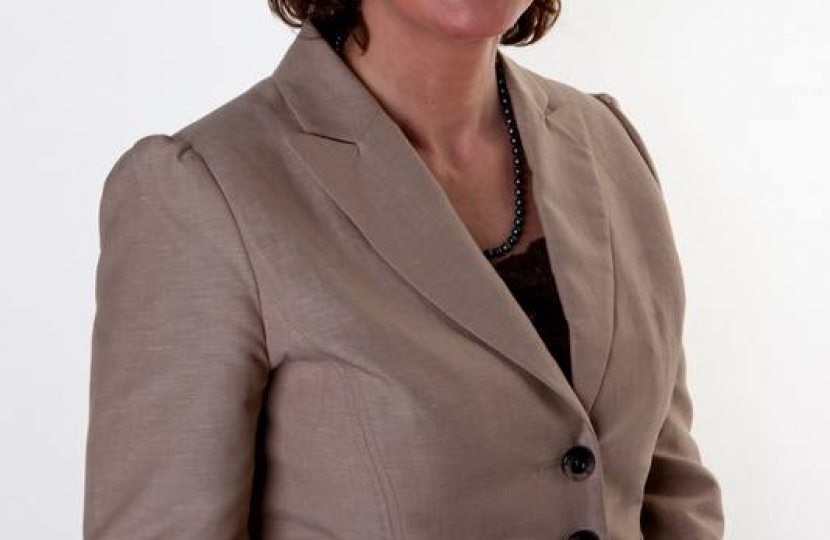
Below is the transcript of Janet's contribution to the Welsh Conservatives debate on the Cancer Delivery Plan:
I welcome the opportunity to engage in this debate, which focuses not only on the cancer plan, but, more importantly, on how the Welsh Government and we as Assembly Members can work together to address some of the issues that we face. As Darren Millar said, it is 12 months since we discussed the cancer plan, and I, too, note a little quietness in the Chamber today already. However, I pay tribute to Darren for the work that he and other AMs are doing, particularly opposition AMs, to highlight the difficulties and the trials and tribulations that people face when either they or their loved ones are diagnosed with cancer.
In my formative years, a diagnosis of cancer was still seen as a certain indication of an early death, so little was known about the disease. I have personal experience of where people did not wish to admit that they had cancer. However, a generational shift has made a vast improvement to that. People talk more about cancer in all shapes and forms, and, thanks to the medical advances through scientific research and the fact that it is talked about more, doctors are now armed with incredible tools in the fight against cancer. Scientific breakthroughs in detection, treatment and support for cancer patients have meant that the tide has started to turn in the fight against this unfair, indiscriminate and cruel illness. From the initial diagnosis of cancer, patients go on a journey to treatment, to care and to support. It is balanced out by the advice and the support that they are given along this journey. Probably every Member has some experience of a friend, a colleague, a family member or a loved one whose life has been touched by this, and will know that you go on that journey also.
I pay tribute to the work that Julie Morgan has done with her group, and I know that I got a lot of information and knowledge from attending its meetings, but no more so than from cancer patients who had gone along that journey and come out and were prepared to work with the Welsh Government and with us as Assembly Members in looking to address some of the inequalities out there and some of those concerns. In the highly publicised report by Macmillan Cancer Support on mortality trends, I was truly heartened to see the number of people who will survive the disease. By 2020, the number of people who will sadly pass away from another cause will be almost four in 10. That follows a 70% increase in cancer survival rates since 1992, and I look forward to the day when the abject fear caused by a diagnosis of cancer is a thing of the past.
There are concerns, however, as Darren and Kirsty have quite rightly mentioned, around the interpretation and implementation of the cancer delivery plan. For example, the plan sets as a priority the early detection of cancer. It commits local health boards to raise greater awareness among the public about the life-saving implications of an early diagnosis. It proves also that there is still an inconsistent approach across Wales. I truly share the concerns of Cancer Research UK, which believes that the Welsh Government needs to have a stronger focus. Examples of central guidance have been produced both in England, through the national awareness and early diagnosis initiative, and in Scotland, through the detect cancer quickly programme. I urge the Welsh Government to address the inequalities in early screening and detection rates.
The cancer delivery plan also requires local health boards to publish local delivery plans and an annual report on how they are performing against those plans, yet we know now that there has been an inconsistent approach to fulfilling this commitment. This is a job for the Welsh Government, to ensure that the strategies and reports that are often drawn up here are acted upon and implemented.
A person will never feel more vulnerable than they do upon receiving a diagnosis of cancer, but it is with that in mind that I am pleased to see a commitment in the delivery plan to provide patients with person-centred cancer care. However, the words in that document are only as good as the actions that are then taken.
Cancer poverty is an issue that Darren Millar has quite rightly raised. It affects numerous families in Wales, and I want to put on record today that somebody needs to grasp this. Regardless of strategies and documents, I want to know what the Welsh Government is doing now to assist people living with cancer poverty on a daily basis, and their friends and families. This should not be a question of a strategy or a report; it is about the level of prevention of cancer, the number of early diagnoses and early detections, the quality of advice, the information, the support and the best possible treatment for all people across Wales.
